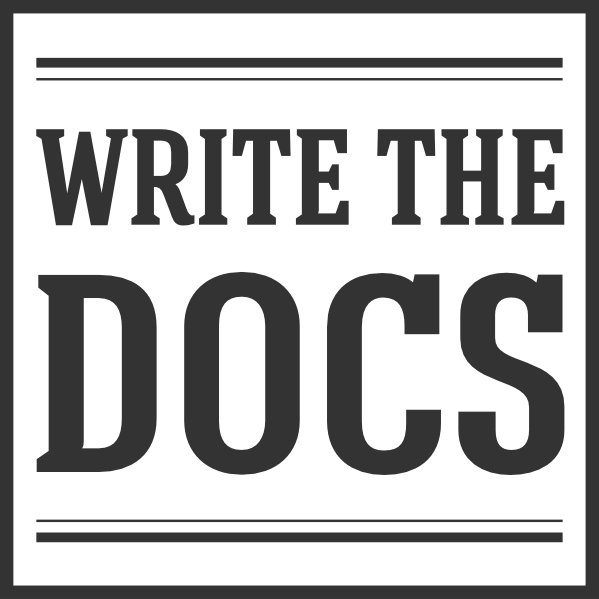Harvest Past Experience to be a Great Tech Writer¶
Description
Anyone either considering, or already in, a technical writing role, can use past tech experience to either help them enter or enhance their writing career.
The goal of the talk is to demonstrate how experience in non-tech writing roles can help you become, or improve your career as, a tech writer. Be clear that most any role includes some writing, and thinking back to your strengths as a writer in past roles can help you. I will discuss my past roles in tech support, QA, engineering, and as a project manager to help illustrate this. The hope is that this can help attendees who are considering a tech support role, writers who may not have considered how past experience can help them, and attendees who don't want to make a living as a writer but must write a lot in their role.
The talk would be broken down into the sections below. All of this is culled from my background. I would make a concerted effort to ensure this is not an attempt to promote my resume. I would briefly emphasize that it took me a long time to finally find writing, and while the roles were valuable, each could be considered a hurdle to achieve a job I love. I would pitch this optimistically with the intent of showing that, if you're for some reason thinking of a career change, and you're at this conference, then you can open doors with experience you may not have considered. It can also show that if you already are a writer, you can finesse your writing using what you learned in past roles.
- Tech support:
- Use your skill at helping frustrated customers to write to your audience. Picture your audience and make it a goal to reduce tech support calls.
- Remember how you empathized with frustrated customers and incorporate that into your writing.
- Remember how you corresponded with customers via writing and strive for the same attempt to solve and please customers.
- QA:
- Use your skills at writing crisp, clear bug repro steps when writing procedures.
- Use your skills at writing unambiguous issues, which are required to ensure your engineers understand what you’re trying to convey, when tech writing.
- Software Engineer:
- Focus on languages you know (C++, Java, etc.) and become an expert.
- Remember how you commented code and what good and bad comments are like. When documenting APIs, write what you’d want if you had to code with your API.
- PM:
- If you wrote Statements of Work, remember the legal gotchas and keep those in the back of your mind when writing about potential future release and committing to promises. Consider the expectations you set in your writing the way you set expectations for a customer.
- If you wrote specs or helped with marketing, you have a head start with learning how to not just document a product, but also convey its strengths without sounding too “marketing-like”
- Manage your writing tasks like projects to help you stay on course, keep your commitments, and prioritize writing.
Conclusion - Wrap up by reminding the audience that writing is an essential skill to be successful in software. If you’re here, then we know you are either already writing or want to write. Don’t discount past experience. Use it to help put the right words into your writing assignments with the goal of ensuring you’re helping your reader the very best you can.
- Conference: Write the Docs PORTLAND
- Year: 2019




